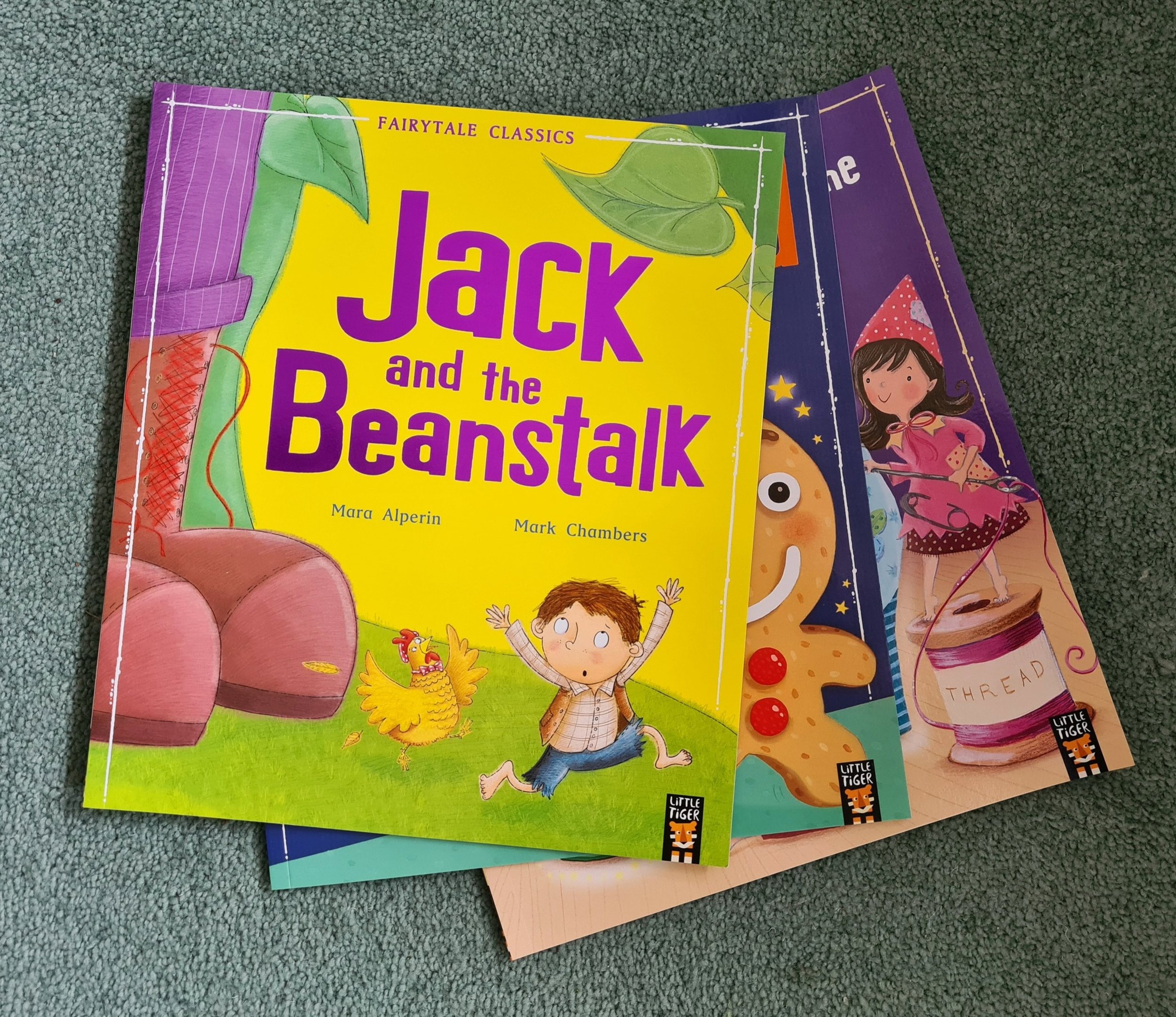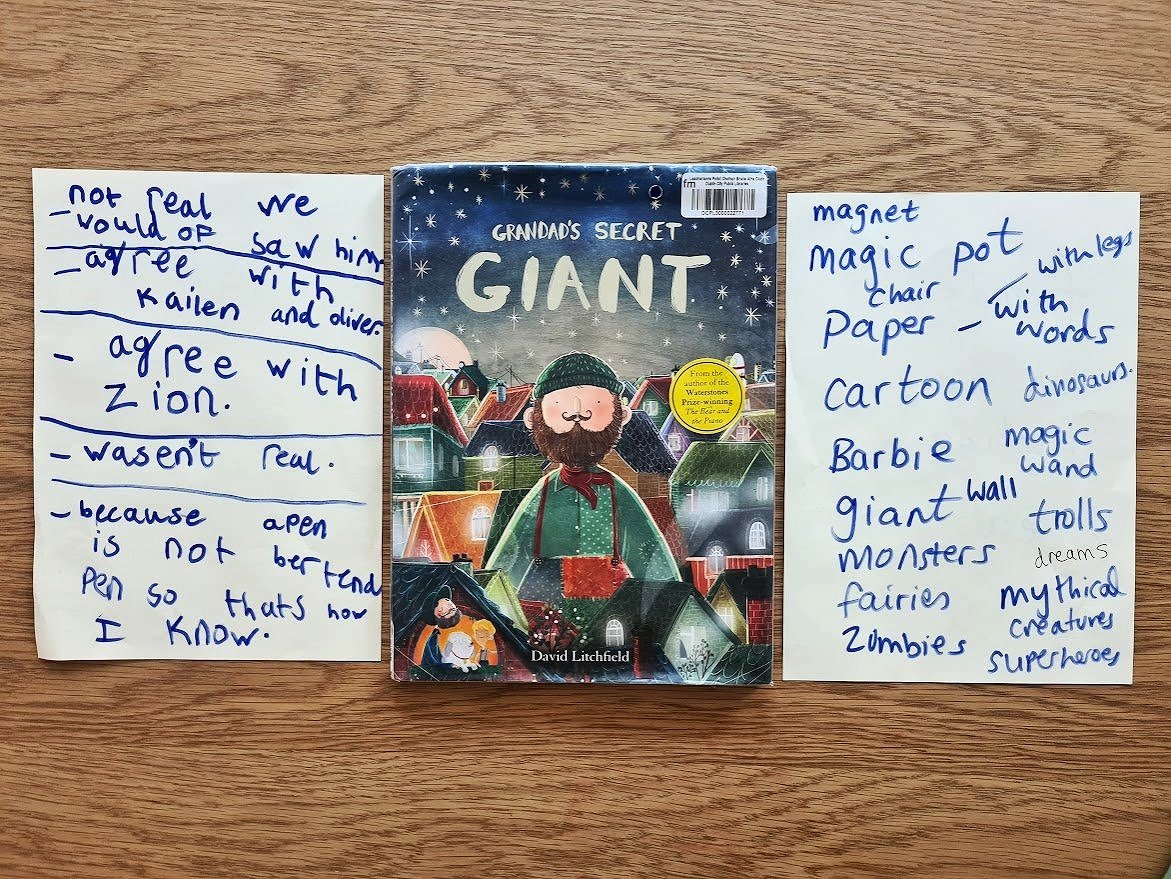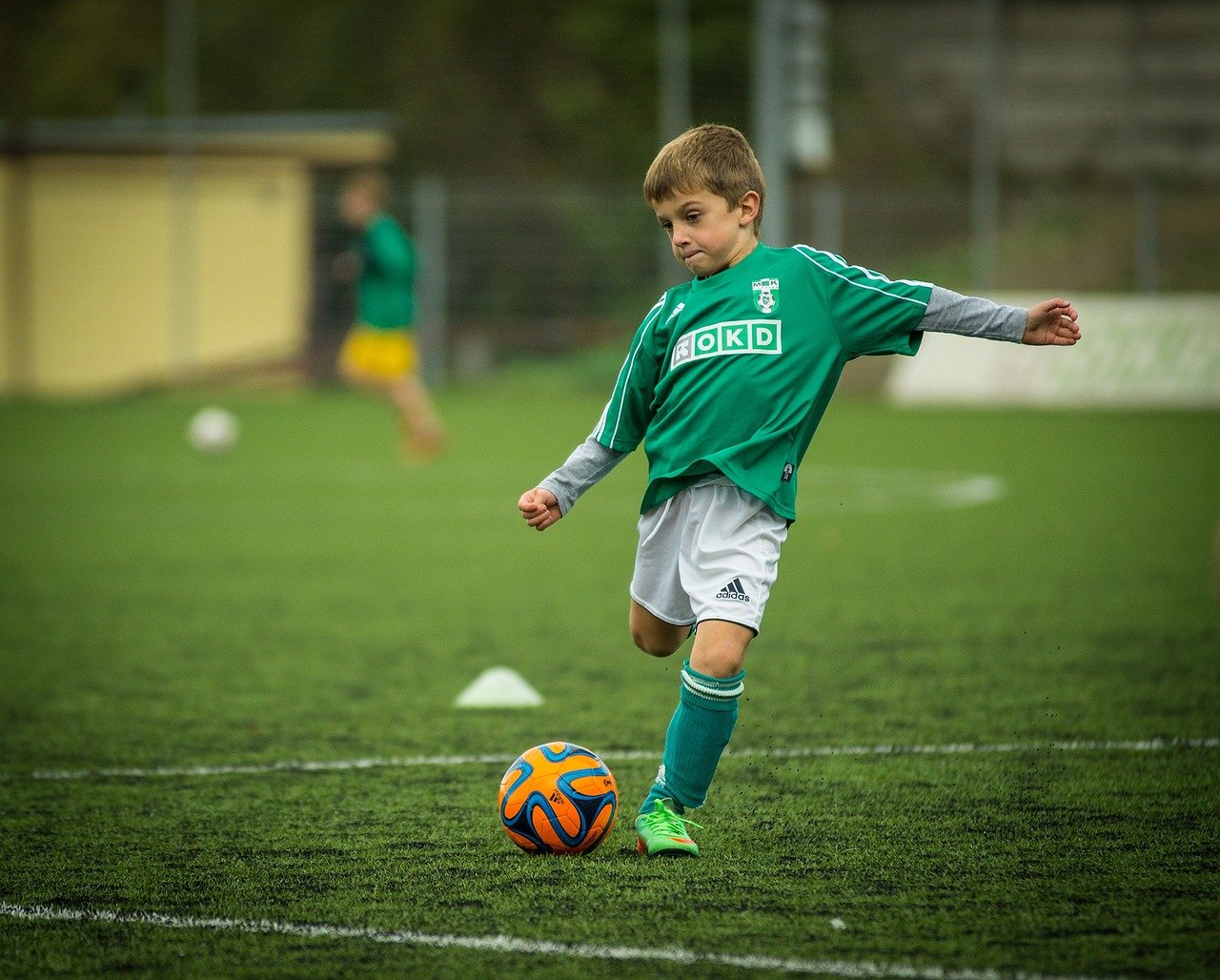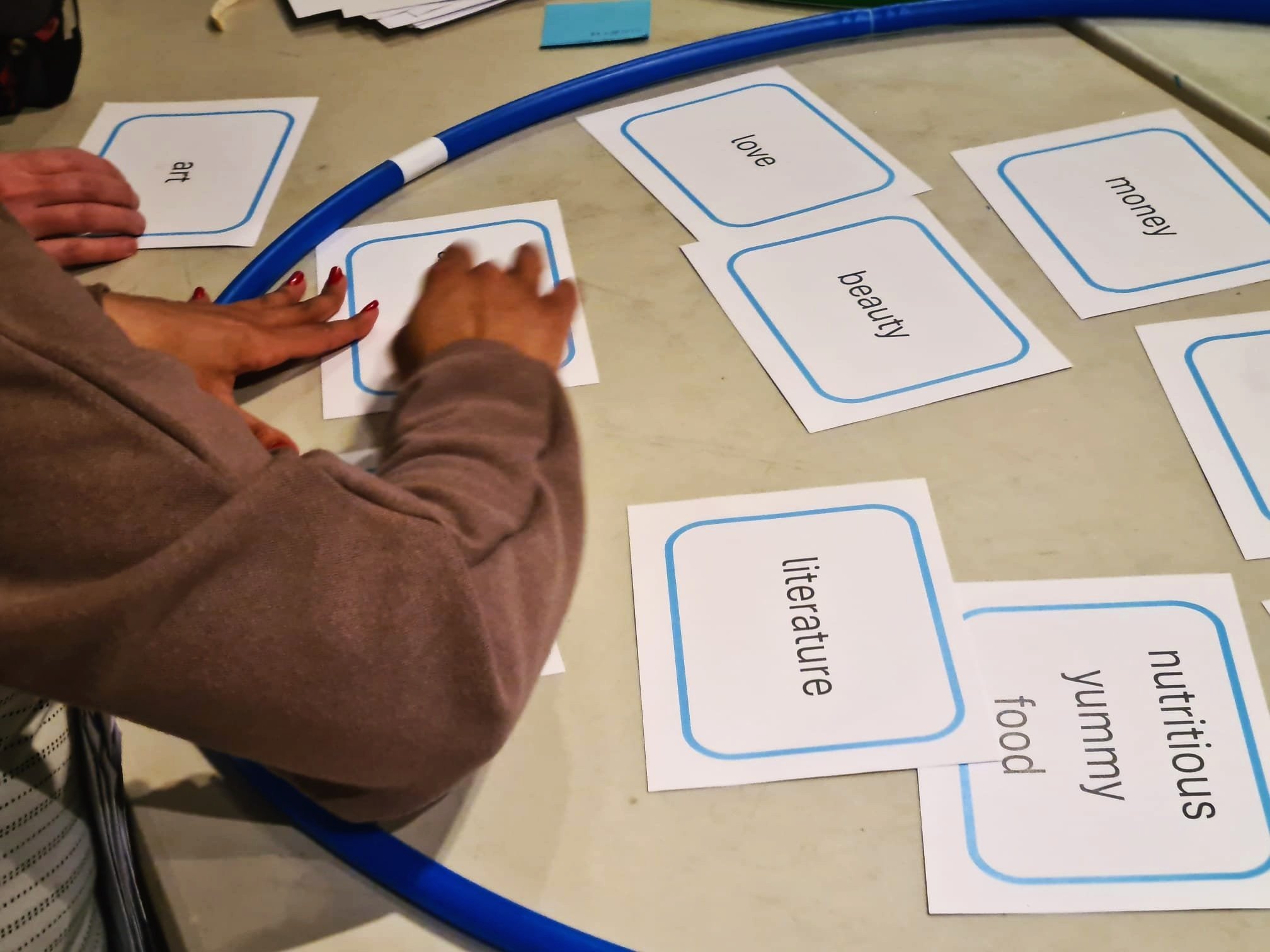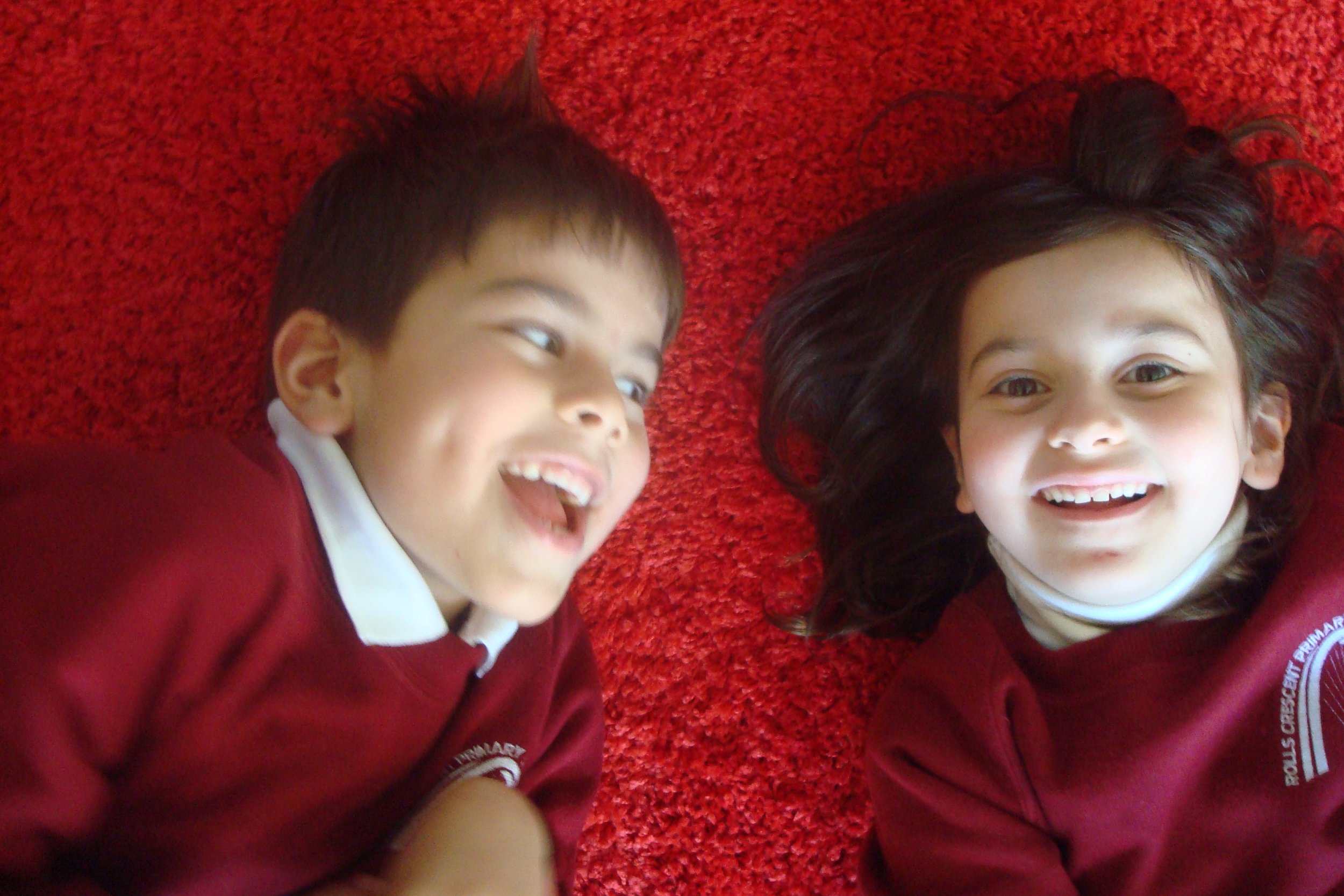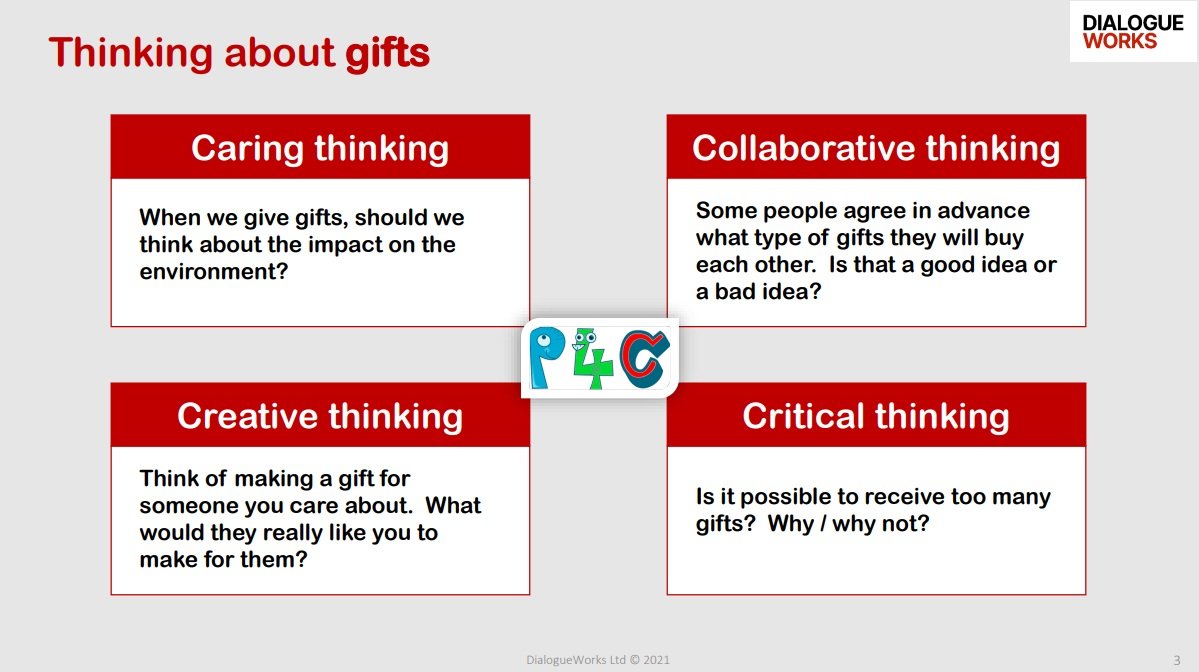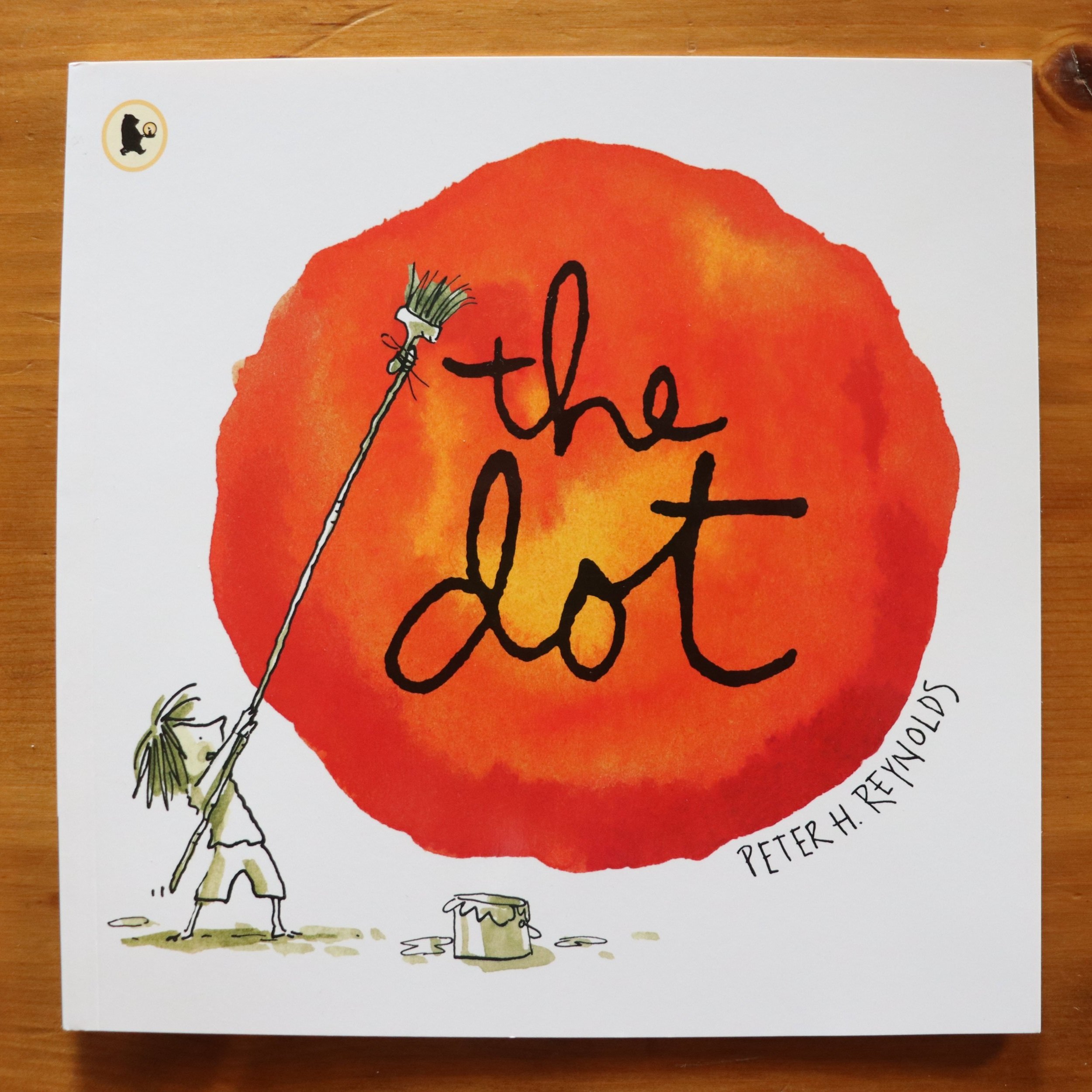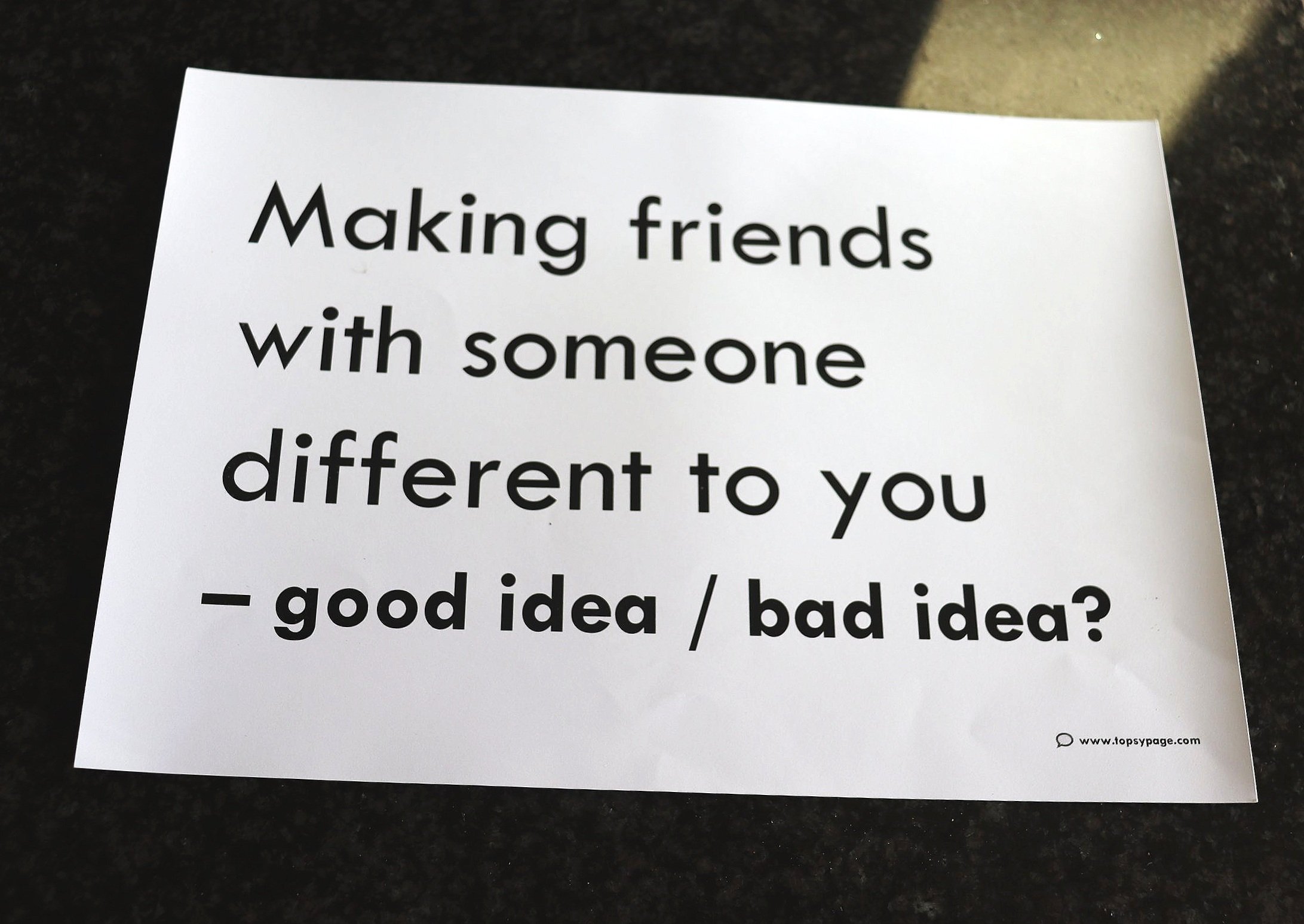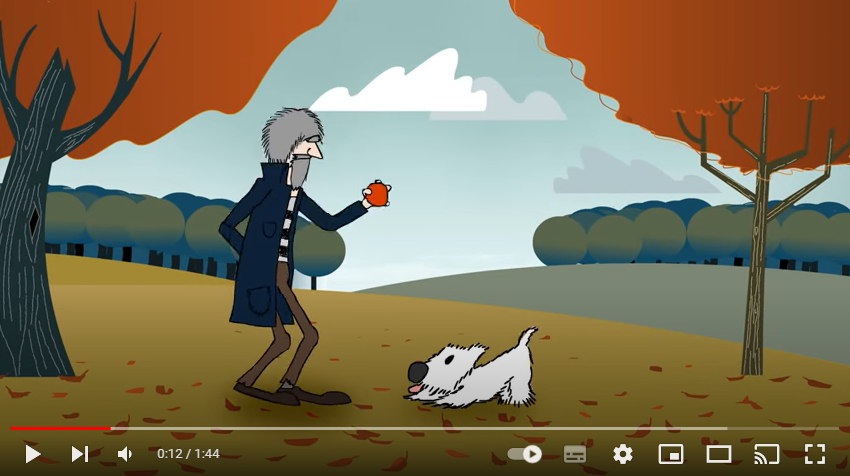A teacher I recently visited had been reflecting on how her class often repeated similar points during Philosophy for Children sessions. She was conscious that their thinking often didn’t go deeper. She wanted them to get better at creative thinking, for example seeing things from different perspectives.
At the beginning of her next P4C session she gave her class two talk prompts to help with this: What if… and Some people think…

The children chose the question Would you rather be friends with an animal or a human?
The new prompts meant that they were more likely to bring in new and interesting perspectives, which could then be explored:
Some people think that animals know how you feel.
Some people think humans are more important than animals.
Some people think that animals can’t think.
Some people think talking to animals is good because you can tell them anything.
What if animals could talk?
What if you decide that you don’t want to be friends with humans ever again?
What if you stop talking and start to communicate in different ways?
What if you had to choose between a world where you lived with only humans and no animals, or a world with only animals and no humans?

Why not try these prompts to develop creative thinking in your P4C enquiries?
Are these examples of adventure, bravery, or both?
Lawrence the Lion and Maple the Meerkat tackle some philosophical dilemmas…
An example of using children’s wonderings to guide a philosophical discussion
Get your class thinking about fairness, teamwork, competition and more
Statements to get your class thinking and talking in the lead-up to the holidays
What will happen when you remove the fear of being wrong?
Use talking points to get students thinking and talking about a painting
Could preventing some children from having best friends help others?
An oracy game, a mental workout, and an opportunity to practise respectful challenge
Get your pupils thinking about the rights and wrongs of activism




